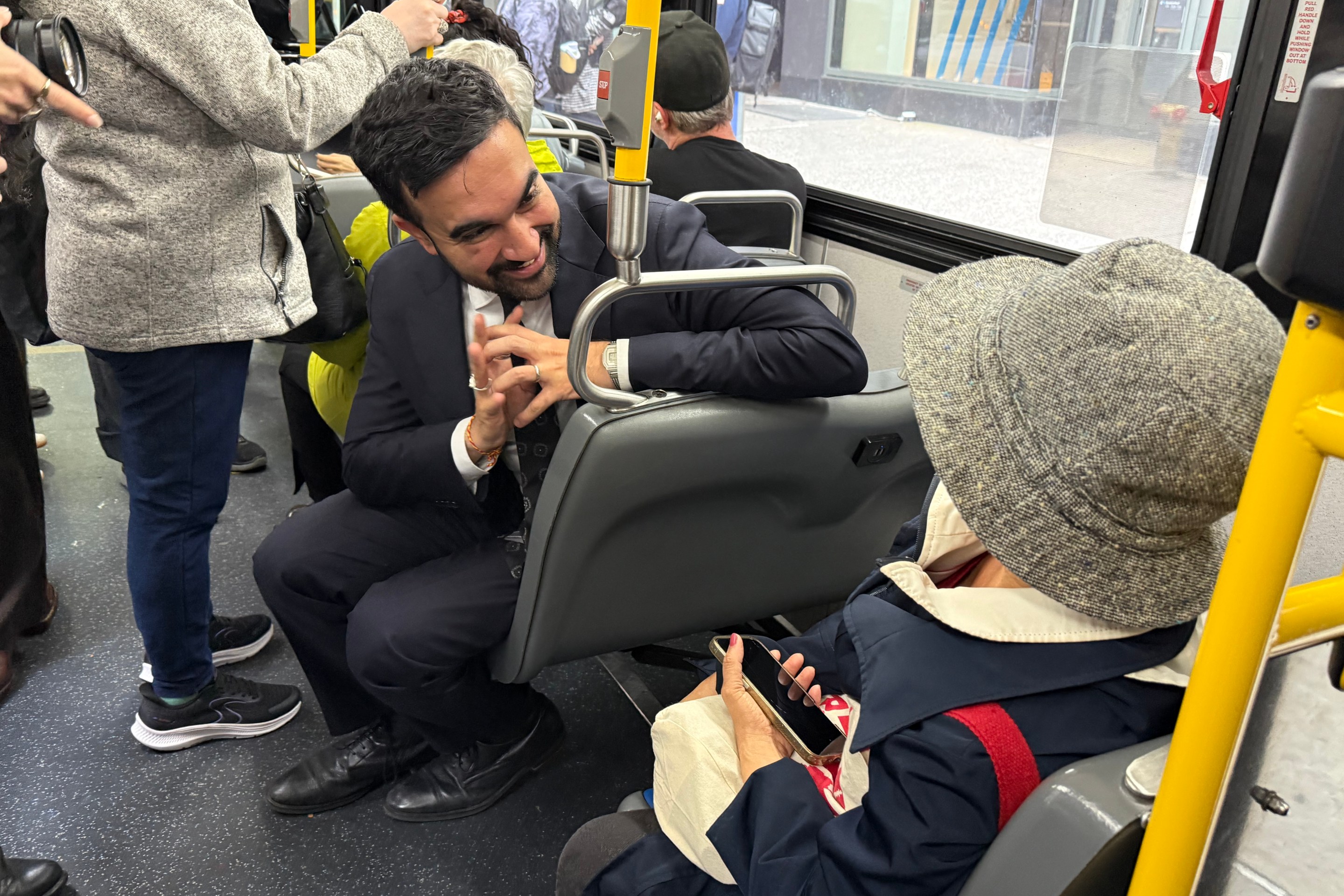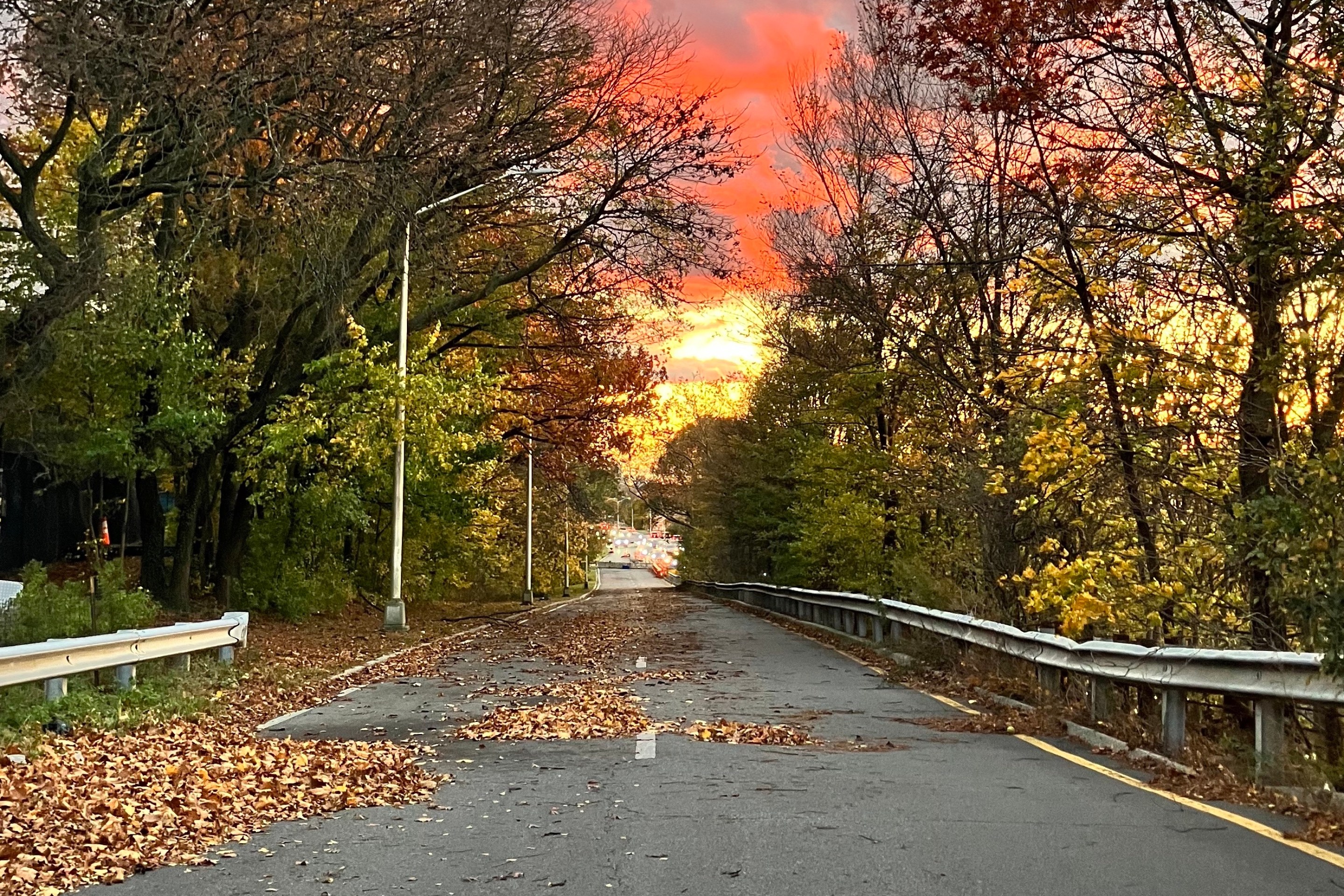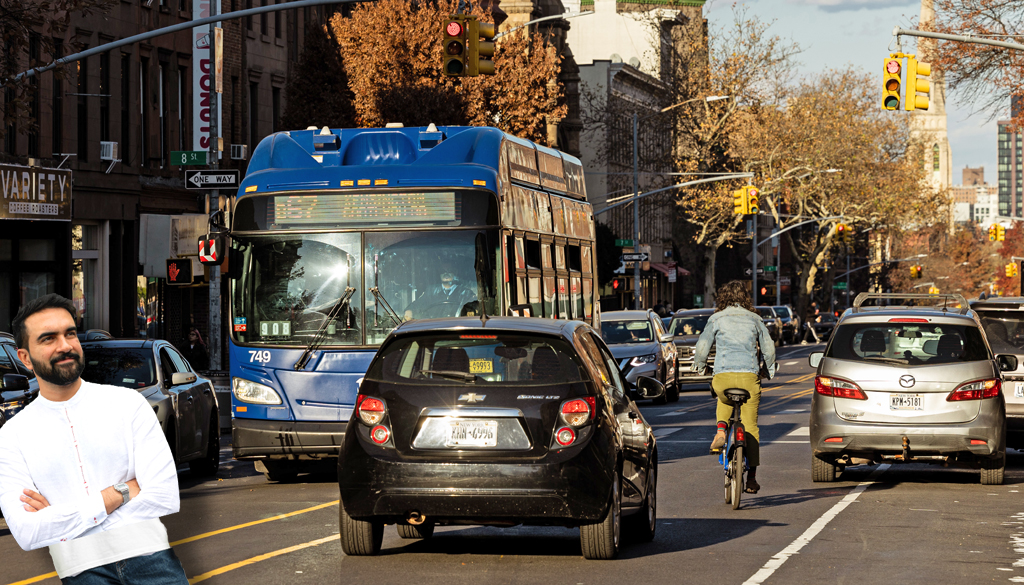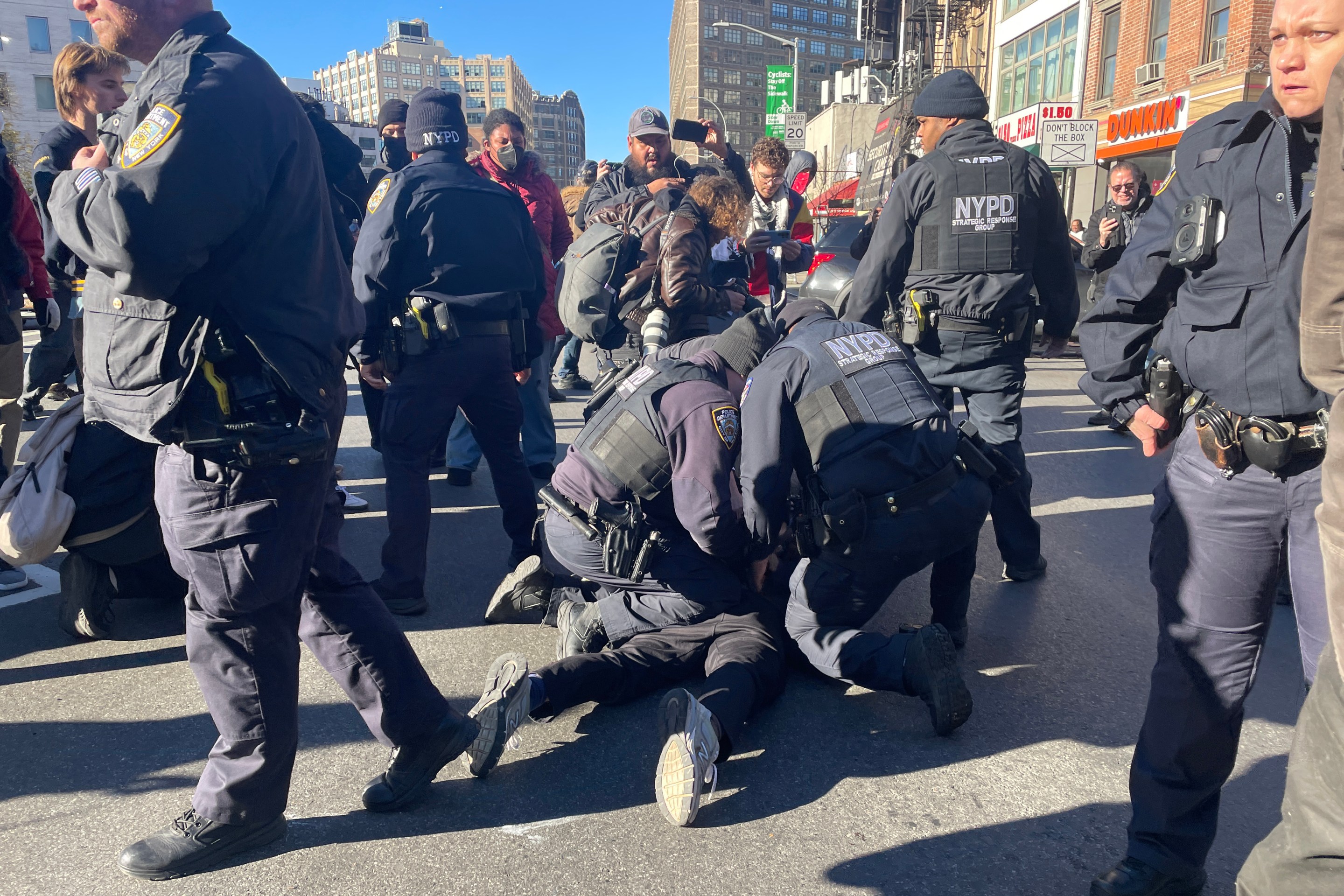As painful as it is to deal with the reality of a Donald Trump presidency, if you think highways and sprawl are a terrible mistake, the time to mobilize is now.

One of the first things on Trump's agenda, after dismantling Obama's social and environmental legacy to the greatest extent possible, is a huge round of infrastructure spending.
During his victory speech, Trump said, “We’re going to rebuild our infrastructure, which will become, by the way, second to none.” And he has proposed $1 trillion in infrastructure spending, a truly staggering amount, equal to 20 years of typical federal spending on surface transportation.
The vague concept of "infrastructure" is an area that leading Democrats seem to consider fertile ground for collaboration with Trump. The day following the election, House Minority Leader Nancy Pelosi said she was hoping to “work together to quickly pass a robust infrastructure jobs bill.” Senate Majority Leader Chuck Schumer reportedly views infrastructure as a potential area of policy alignment with Trump. Both New York Governor Andrew Cuomo and NYC Mayor Bill de Blasio have said they can envision teaming up with Trump on infrastructure.
The New York Democrats have their eyes on building the trans-Hudson Gateway rail tunnel. But the vast majority of Trump's plan would, in all likelihood, entail a road-building bonanza benefiting the construction and finance industries to the long-term detriment of the nation.
There is a school of thought which holds that Trump, born in Queens, will have an innate understanding of why transit matters. His transition site has a few glancing references to transit and rail.
But to expect enlightened transportation policy from the Trump administration is to ignore everything we know about the sources of his political power -- rural areas and the suburbs -- as well as the explicit policy ideas coming from his advisors and the Republican Party's hostility to any transportation infrastructure that doesn't move cars and trucks.
Club for Growth hard liners like Stephen Moore -- who wrote in the Washington Times that transit should get no federal funding -- are part of Trump's economic advisory council. The infrastructure page on Trump's campaign website makes no mention of transit, biking, or walking.
A policy paper written by Trump advisors [PDF], laying out his infrastructure financing scheme, calls for weakening regulatory protections for people impacted by highway projects. The environmental review process has long been a target of Republican lawmakers. It provides some of the only tools at residents' disposal if they are displaced or harmed by highway projects.
It's not clear how Trump intends to come up with a trillion dollars. He told the Washington Times at one point that he would consider just tacking $1 trillion onto the national debt, taking advantage of low interest rates.
More likely is Trump's idea for a massive privatization scheme, in which firms would build projects and then collect tolls or fees. Of the total $1 trillion, Trump has suggested, just $140 billion would come from the federal government. This arrangement would be more in line with Republican orthodoxy on deficit spending.
It would also be a windfall for road construction firms and the financial services companies that make a killing from private infrastructure deals. These deals are pitched as risk-free to the public, but they're often based on faulty traffic projections and leave taxpayers on the hook when the projected revenue fails to materialize.
While funding new roads with tolls is better than building new roads with general tax revenue, the broader truth is that building new highways is bad for America. The nation can't even maintain the roads it has, and every new highway lane digs that hole a little deeper while entrenching car dependence, sprawl, and transportation-related pollution. Shame on Democrats who buy what Trump's selling.





